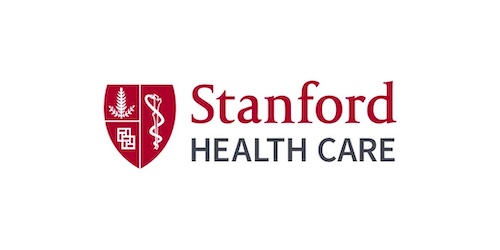
December 6, 2022 – All pathology orders at Stanford Health Care are now fully digitized, allowing for faster results, ease of tracking and greater patient safety.
Since 2015, Stanford Health Care has been using a software system, Epic System’s Beaker CP, to track the analysis of bodily fluids such as blood and urine (CP refers to clinical pathology). Last month, it rolled out Beaker AP — AP as in anatomic pathology — to track the collection and examination of tissues and fluids at the cellular level by pathologists.
Beaker AP, which went live at Stanford on Nov. 6, streamlines everything about pathology at Stanford Health Care, including automatic reporting of data to the Stanford Cancer Institute Research Database; monitoring the location and identity of tissue samples; and simplifying communication between treating physicians, pathologists and patients.
The Beaker AP rollout has been years in the making because of the complexity of pathology at Stanford Health Care. Every sample removed during a procedure is examined by the multisite Stanford Clinical and Anatomic Pathology laboratory. The anatomic pathology division receives more than 90,000 cases a year, with tissue specimens or entire organs coming from the network of hospitals and clinics that make up Stanford Health Care and Stanford Medicine Children’s Health. The lab also receives requests for expert review from medical facilities across the country.
To prepare for the rollout, the anatomic pathology division mapped the various paths along the journey that a tissue sample takes, beginning with collection from a patient until the time it is reviewed by a pathologist.
